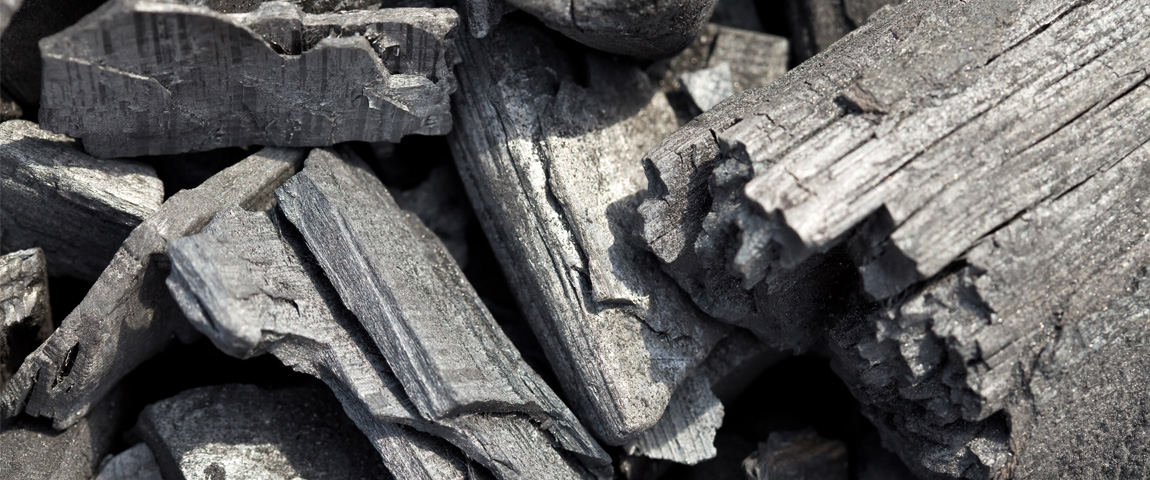
Highly Adsorbent, Specially-Produced Charcoal with Unique Properties
“Biochar is a highly adsorbent, specially-produced charcoal with unique properties originally used as a soil amendment.”
Simply put, biochar is a highly adsorbent, specially-produced charcoal originally used as a soil amendment. Scientists theorize biochar was first used in the Amazon Basin thousands of years ago where extensive regions of dark, highly fertile soil known as terra preta were discovered, revealing high concentrations of biochar and organic matter.
Similar to charcoal, biochar is produced using the ancient practice of heating wood or other plant material (biomass) with little to no oxygen. However, unlike charcoal, which is often used for cooking, biochar is made under specific conditions with the intent to be applied to soil as a means to increase soil fertility and agricultural yields, and sequester carbon to reverse global warming. Other market uses of biochar are being discovered regularly as universities and large industrial partners conduct extensive research into this versatile material and its cation exchange properties.
Biochar is thought to be the key component in a carbon-negative strategy to resolve several critical current ecological challenges.

